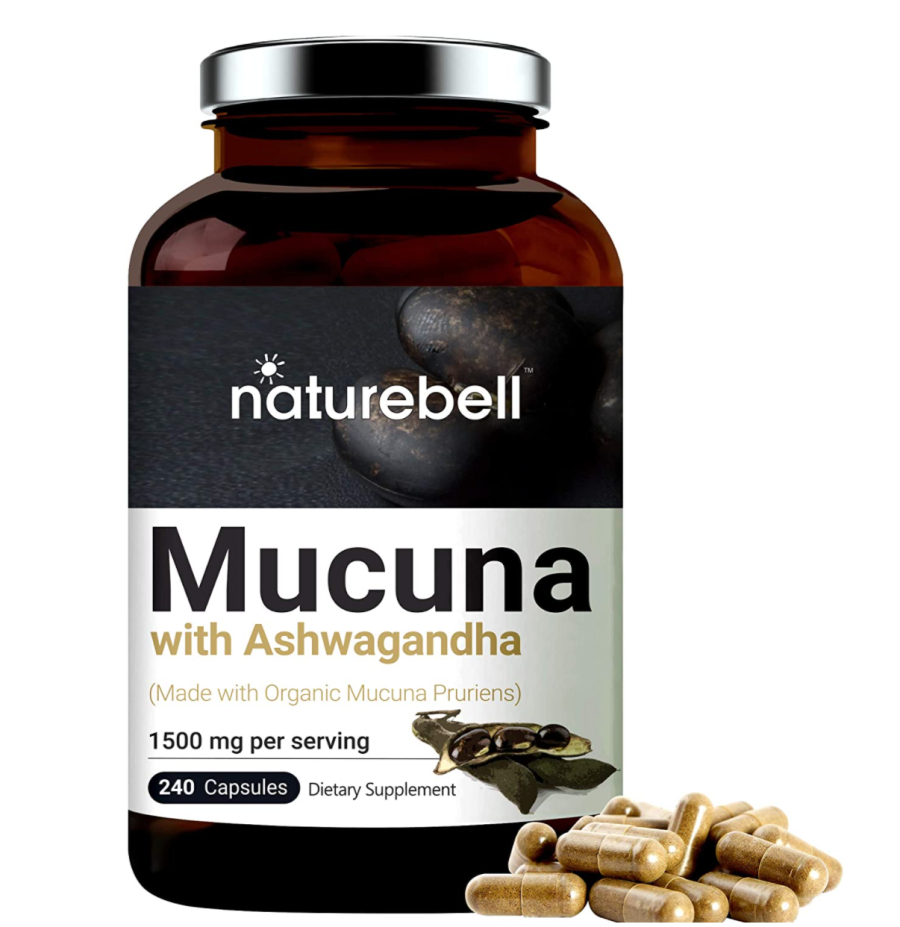- Addiction (including meth addiction, alcoholism, social media addiction, opiate addiction, and more)
- Depression and/or anxiety
- Lewy Body Dementia
- Alzheimer's
- Parkinson's
- Post-Traumatic Stress Disorder (PTSD)
- Fertility (NOTE: Mucuna increases fertility in both men and women, but women must stop taking it at a certain time during their cycle in order to receive the fertility increase, since Mucuna "decreases" fertility in women while they're taking it, and increases fertility during the time when it is stopped)
- Mood disorders
- And more...

Mucuna pruriens (30% L-Dopa) Supplement
Product information
Description
Mucuna pruriens is an essential herbal supplement that can be used to treat a wide variety of neurological disorders or problems, including:





